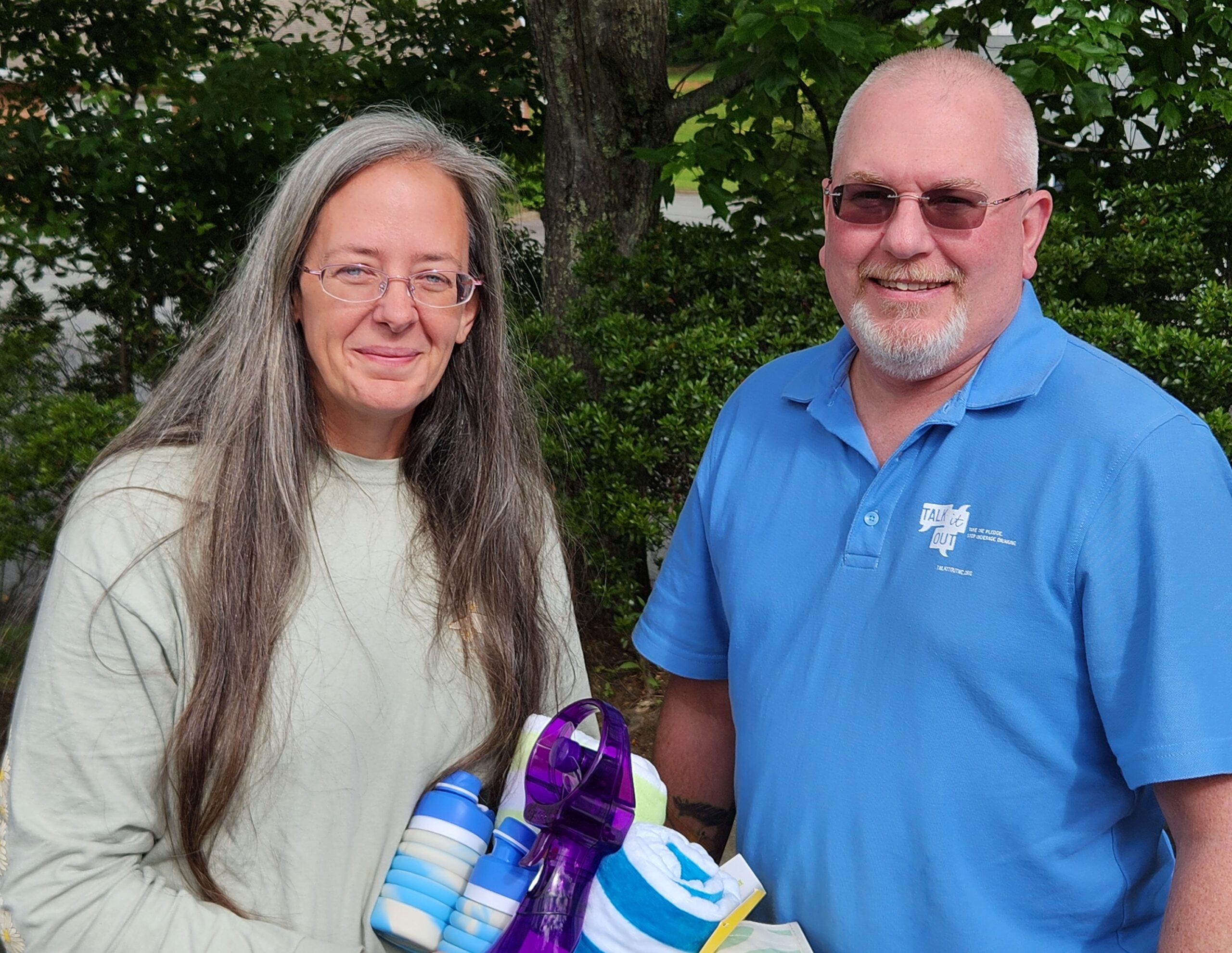Drinking and Driving: The Right Message for the Right Age


Talking to your kids about drinking and driving should start long before they ever get behind the wheel of a car. The goal should be to give kids the facts and educate them, so they’ll make the right choices as they get older.
Your message will evolve as your child is growing up. When they’re young, kids may have questions about alcohol or be curious about why grandma gets tired if she drinks too much wine at dinner. During the teenage years, kids push boundaries and may think they’re grown up enough to drink alcohol. No matter when you start talking to your kids about alcohol, they should know that drinking and driving is never an acceptable option.
Support Your Message With Facts
Thanks to national and local prevention campaigns, treatment programs, and laws, the number of drunk driving fatalities nationwide has decreased 50 percent over the past three decades. For teens and young adults under the age of 21, that number has gone down 81 percent. The numbers are going in the right direction, but our society can do better.
While the number of alcohol-related traffic deaths is going down among teens, they’re still three times more likely than experienced drivers to be involved in a fatal crash. Adding alcohol into the mix can only increase a teen’s risk of getting into a wreck. Parents need to say it loud and clear — drinking and driving don’t mix! Here are some tips to talk to your kids at any age.
Talking to Tweens (10–12 Years Old)
This may seem young, but pre-teens and tweens are curious about alcohol and may have already felt pressured by their friends to drink. This is a good time to start having regular conversations about alcohol and the dangers of drinking and driving.
While this is a heavy topic, conversations with your child don’t need to be long-winded lectures. And you don’t have to cover everything at once. Experts say having many small conversations is a better way to get your message through to kids.
Not sure where to begin? We have conversations tips to help you get started. For example, you’ve probably seen the Drive Sober or Get Pulled Over commercial from the National Highway Traffic Safety Administration (NHTSA). The next time your family is watching TV and something like this comes on, take the opportunity to discuss the dangers of drinking and driving with your tween. Explain that adults over age 21 can make the choice to drink but that no one has the right to get behind the wheel when they’re not sober. It puts them in danger, and it puts the lives of other people in danger. No one wins when someone drives drunk.
Starting the conversation when your child is young is a good way to keep the lines of communication open as they get older. It will make them more likely to come to you and ask for guidance if they start feeling pressure from friends to make a bad decision.
Talking to Teens (13–17 Years Old)

As tweens grow into teens, they’re also getting closer to adulthood. Many think they have everything figured out, and they don’t need your help. Wrong! This is when parents can really make a difference in the choices your kids make.
During this time, your child and their friends will get their driver’s licenses and need to understand the responsibility that comes with getting behind the wheel of a vehicle. More than one-third of teen traffic deaths nationwide are alcohol-related. In North Carolina, it’s illegal for anyone under the age of 21 to drive with any measurable amount of alcohol in their system.
Teens will learn about the dangers of driving under the influence of drugs and alcohol from their driver education teacher. Keep that conversation going when your teen is practicing their driving with you. Ask what they learned in class and reinforce the seriousness of never drinking and driving.
You can also make sure they understand the facts about how alcohol affects the teenage brain. It can impact their judgment, impulse control, coordination, and more. Tell them that alcohol can make them more likely to take risks, like drinking and driving. However, if they do make a mistake and choose to drink at a party, make it clear that you’ll help them get home safely, no questions asked.
Make sure your teen knows they can text or call you for a ride home from an unsafe situation. You may be disappointed that they chose to drink, but their safety should be the number one priority. You don’t want your child to think the only way they’re getting home is to drive drunk or to get into a car with a driver who’s been drinking.
College Years (18–20 Years Old)
Starting the conversation when your child is young and continuing it through the teenage years means by the time they head off to college, they’ll think twice before drinking and driving. Underage drinking is more common on college campuses because parents are no longer around to check curfews and supervise parties. But just because you’re not on campus doesn’t mean you have to stop the conversation.
Call and text to check in with your child and encourage them to make good choices about alcohol. They don’t want a driving-under-the-influence conviction on their record. Talk to them about the costs and legal ramifications of drinking and driving. It could stop them from getting that dream job after graduation.
Take the Pledge
It’s never too soon or too late to start talking to your child about alcohol. Families can also Take the Pledge to stop underage drinking. The pledge is an agreement between parents and children to keep the conversation going. Teens promise not to drive or get into a vehicle with another driver who’s been drinking. Parents promise to set a healthy example regarding alcohol and won’t punish their child if they ask for help getting out of an unsafe situation.
At every stage of your child’s development, you have opportunities to help them understand the dangers of underage drinking. Be a good source of information and help your child understand that you’re in this together.



